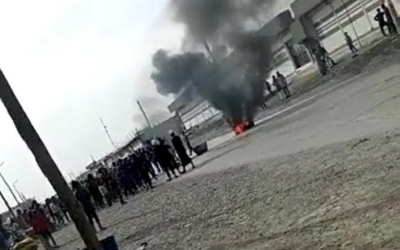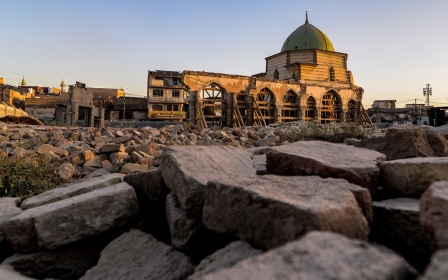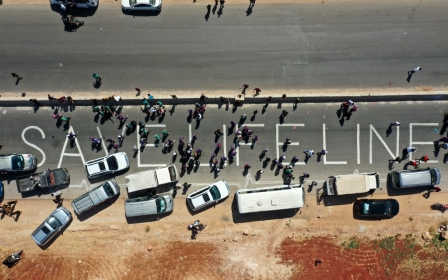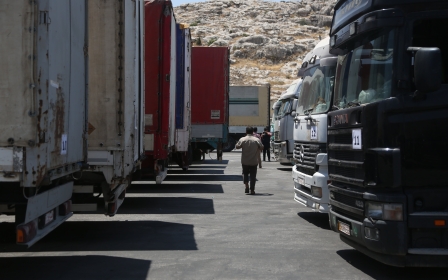Syria: Families in northeast say sons tortured to death in SDF prisons
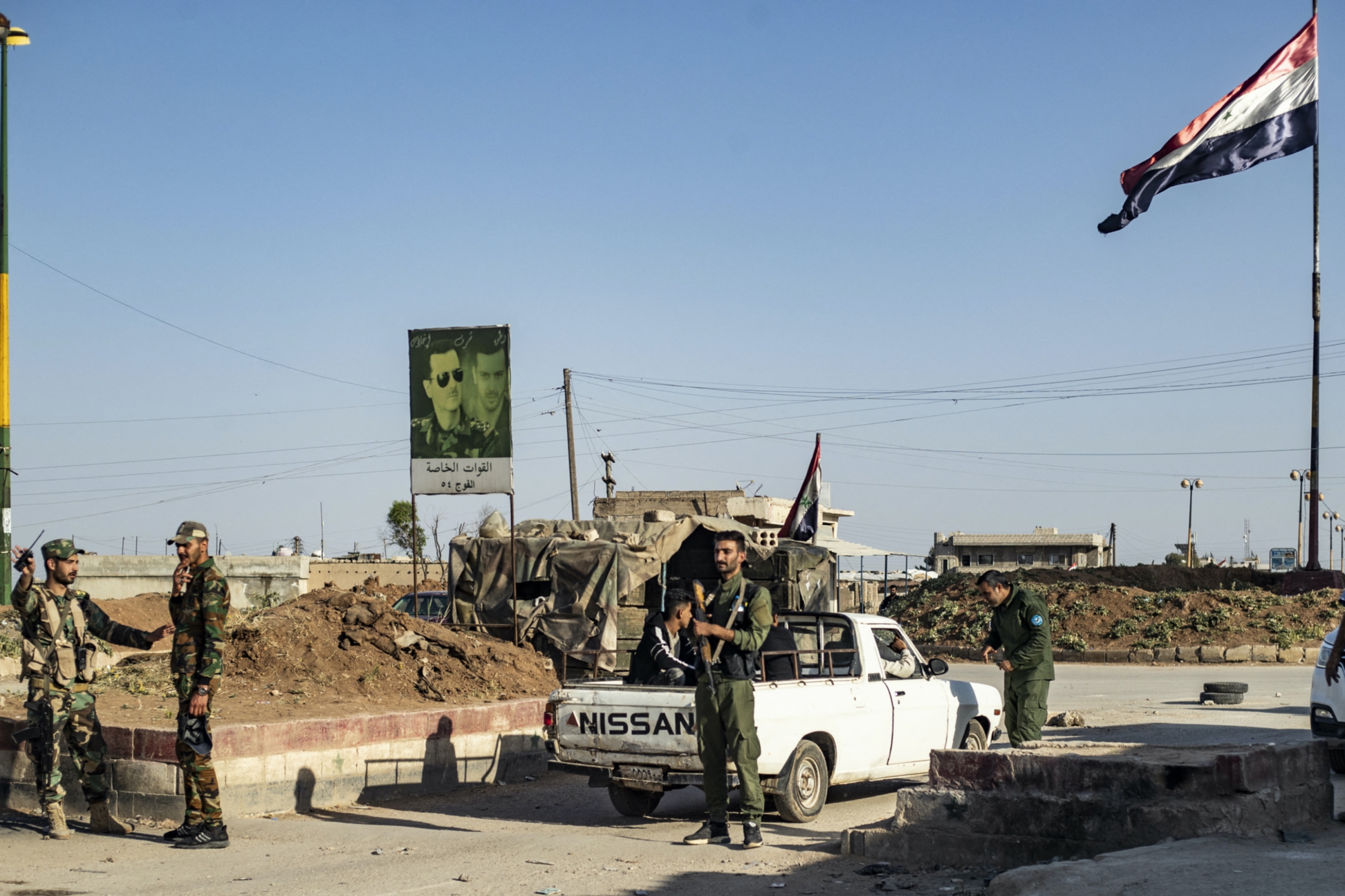
In less than a week, two families in northeastern Syria received the devastating news that their sons had died while in custody of the Syrian Democratic Forces (SDF) and that they should go and pick up the bodies. The SDF official autopsy ruled the cause of death as natural, but the Syrian families say their children were victims of torture.
On 22 May, Kurdish internal security forces, locally known as Asayish, arrested 34-year-old activist Amin Issa at his home in the city of Hasakah, without informing his family of the charges or the location he was being taken to.
After looking for him in several prisons around the city, the family was finally told that he was being held in an SDF prison in Gueran district as a witness, Amin’s cousin, Hajar, told Middle East Eye.
As time went by, answers were getting harder and harder to obtain, as the SDF remained vague about Amin’s fate. The family had informed the Kurdish authorities that control the area that their son had a chronic illness and needed a daily dose of medicine. Hajar said the SDF had promised to provide his cousin with medication, but he believes they were given “fake promises”.
A month later, on 28 June, Amin’s body was handed over to his family.
Hajar said his cousin was detained for a Facebook post he wrote criticising the Kurdish autonomous administration for manipulating people and their livelihoods to distract them from bigger issues caused by their mismanagement of the area.
SDF’s Northeast Syria Peace and Justice Authority published a video on 30 June disclosing Amin's autopsy, ruling that Amin did not die of torture. Amin's family responded with a statement rejecting the autopsy as “falsifying facts”.
“The family had asked a medical examiner to inspect the body and found that Amin had been severely tortured, had a broken jaw, internal bleeding, several burns, and had been hit by hard tools,” the statement said.
“The doctor who examined Amin’s body and issued a statement in favour of the SDF was a fresh graduate of the University of Damascus and does not have a medical specialty,” a medical source at al-Shahida hospital, where the SDF autopsy took place, told MEE on condition of anonymity.
“He is not even qualified to establish the cause of death because he is just a trainee doctor at al-Shaab hospital in Hasakah."
At a press conference held by the SDF to clarify the circumstances surrounding Amin’s death, doctor Mohammed Said Shalash said he had performed an autopsy on a man over 40-years old of medium height and build.
“This is one of the obvious contradictions in the SDF story because Amin was 35-years old and during the autopsy he was wearing black pants. He was also 203 cm tall and weighed 121 kg, which is not medium height and weight, as the doctor stated,” Hajar said.
‘He was only a teenager’
Amin was not the only death recorded in an SDF prison that week. The family of Ahmed al-Athal was notified of their son’s death on 1 July 2021, after two years of no contact.
In mid-2019, then 14-year-old Ahmed was arrested at his home in al-Tayana town in the eastern countryside of Deir Ezzor for unknown reasons, his uncle Mohammed told MEE.
“They arrested a disabled kid two years ago and gave him back to us a dead body,” Mohammed said of his nephew, who lost his right leg in a Russian airstrike on the city of Deir Ezzor in 2014.
For the duration of his detention, Ahmed was transferred several times between SDF jails. His family had tried hard to see him, but the SDF refused all their requests. The only call that the family received was to go to the Qamishli hospital to pick up their son’s dead body.
'They arrested a disabled kid two years ago and gave him back to us a dead body'
- Mohammed al-Athal, uncle
In photos seen by MEE, Ahmed’s body showed signs of malnutrition and bruises. Like the Issa family, the Hathals accuse the SDF of killing their son after subjecting him to torture in prison, which the Kurdish authorities have also denied.
“We have the support of the local community, in addition to the some people inside the SDF supporting our right cause,” Hajjar said.
“We have all the evidence to build a case condemning the SDF in Amin's murder, and we are considering a trial under international supervision to hold the perpetrators accountable."
Both the United States and the United Kingdom embassies for Syria raised concerns over Amin’s death on their Twitter accounts and called for a swift and transparent investigation into the incident and the torture of detainees in SDF prisons.
Meanwhile, Mohammed said he regrets the absence of justice in the area under the control of the Kurdish autonomous rule.
“They're just a gang from outside Syria. We can't afford this injustice anymore. We want justice for our son's soul, who was arrested and died in their prisons while he was only a teenager,” he said. “What international law supports this crime?"
Middle East Eye delivers independent and unrivalled coverage and analysis of the Middle East, North Africa and beyond. To learn more about republishing this content and the associated fees, please fill out this form. More about MEE can be found here.


